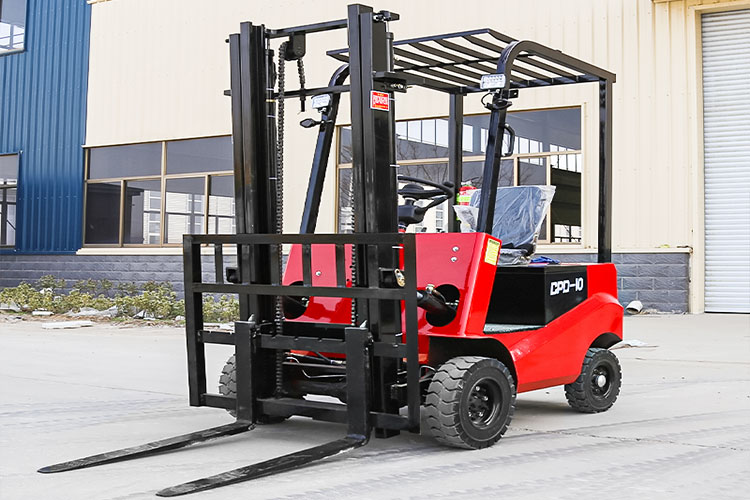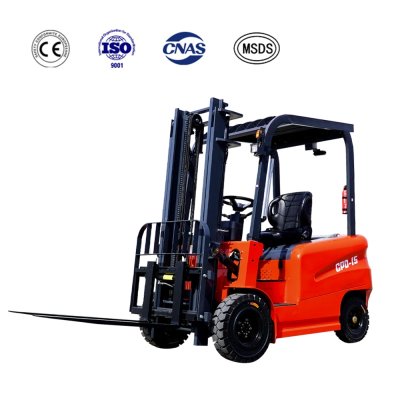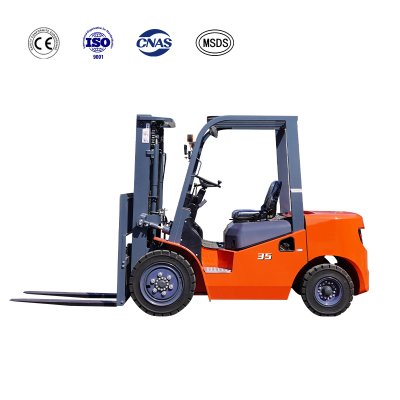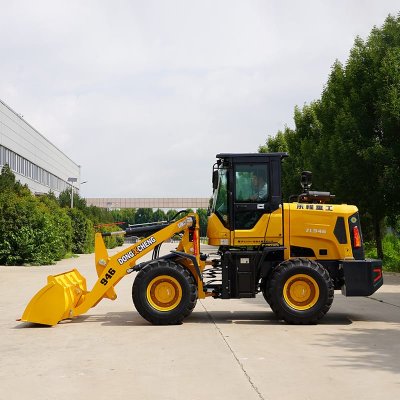Technological Innovations in Electric Forklifts in the Context of Environmental Protection and Energy Efficiency
In the global context of environmental protection and energy efficiency, electric forklifts, as a vital representative of green logistics equipment, have undergone significant technological innovations in recent years. Powered by electricity, electric forklifts fundamentally address the high pollution issues associated with traditional internal combustion forklifts, making them the preferred choice for enterprises aiming to achieve low-carbon goals.
Battery technology is at the core of these innovations. The widespread adoption of lithium-ion batteries has greatly enhanced the range and charging efficiency of electric forklifts. Compared to traditional lead-acid batteries, lithium-ion batteries offer higher energy density and longer lifespans, further reducing the operational costs of electric forklifts.
The integration of intelligent technologies has also improved the energy efficiency of electric forklifts. For example, energy recovery systems can convert kinetic energy into electrical energy during braking or downhill movement, extending battery life. Additionally, intelligent management systems can monitor the energy consumption of electric forklifts in real time, helping enterprises optimize energy usage.
Lightweight design is another important direction of technological innovation. By using high-strength materials and optimizing structural designs, the overall weight of electric forklifts has been reduced, lowering energy consumption while enhancing flexibility and stability.
In summary, technological innovations in electric forklifts have not only driven industry development but also provided enterprises with more efficient and environmentally friendly logistics solutions. As technology continues to advance, electric forklifts will play an even greater role in the global logistics sector.





